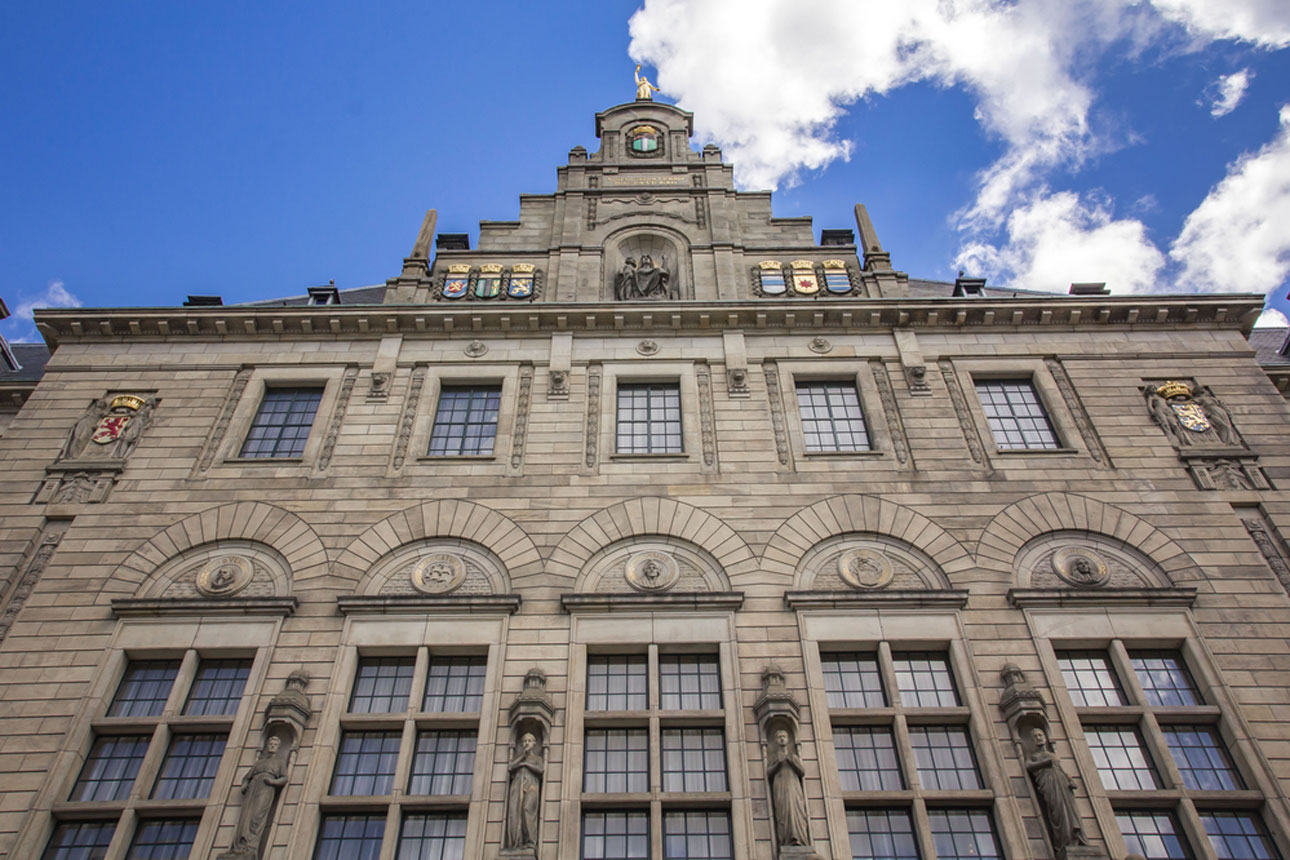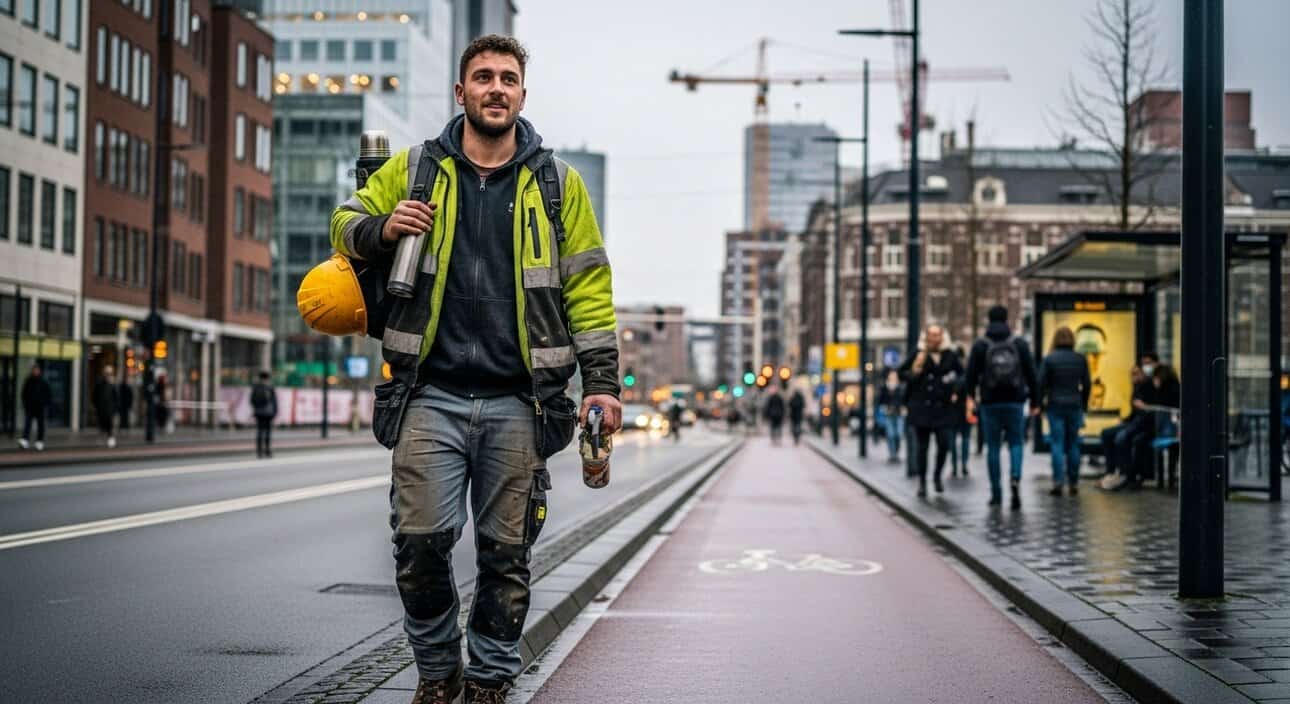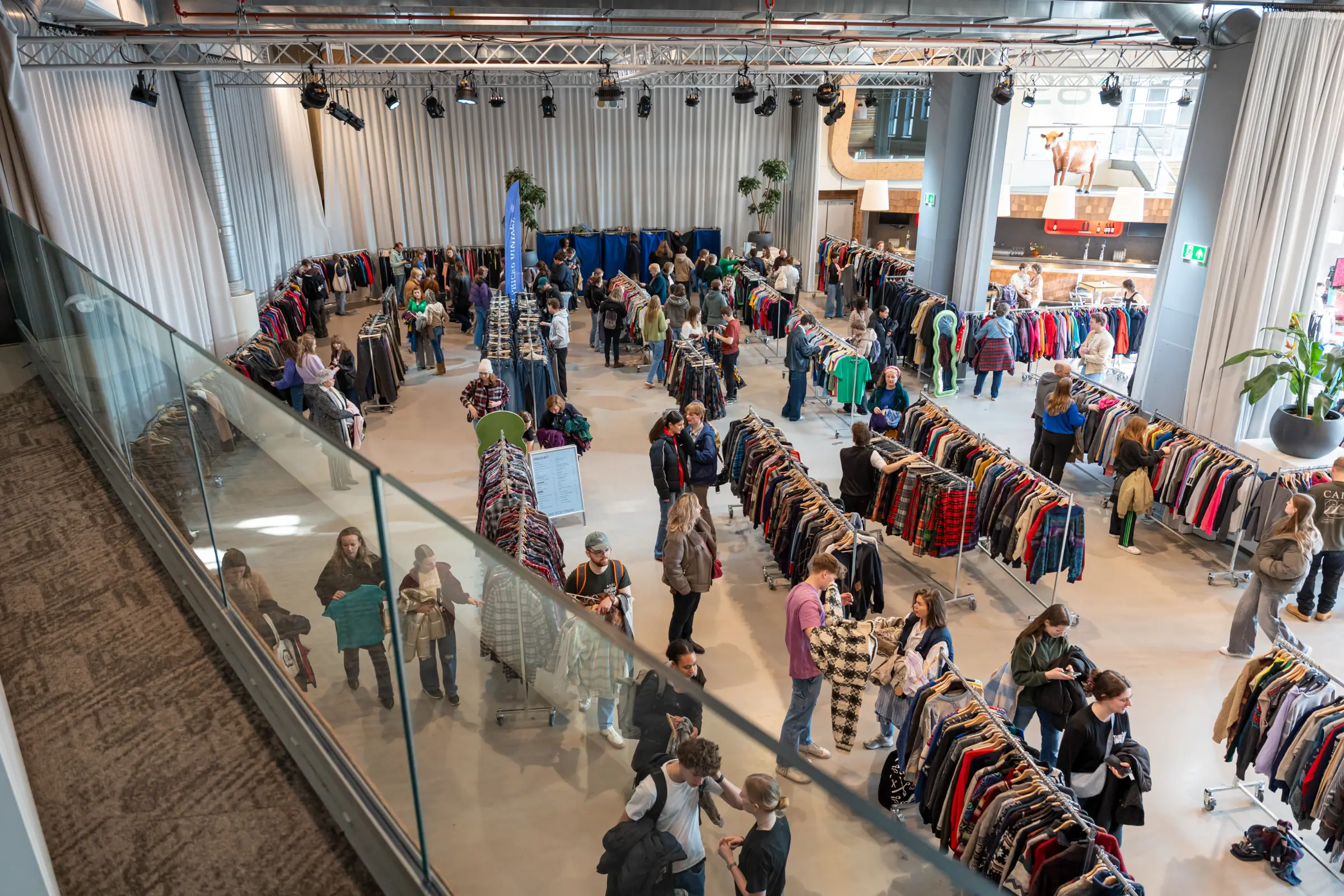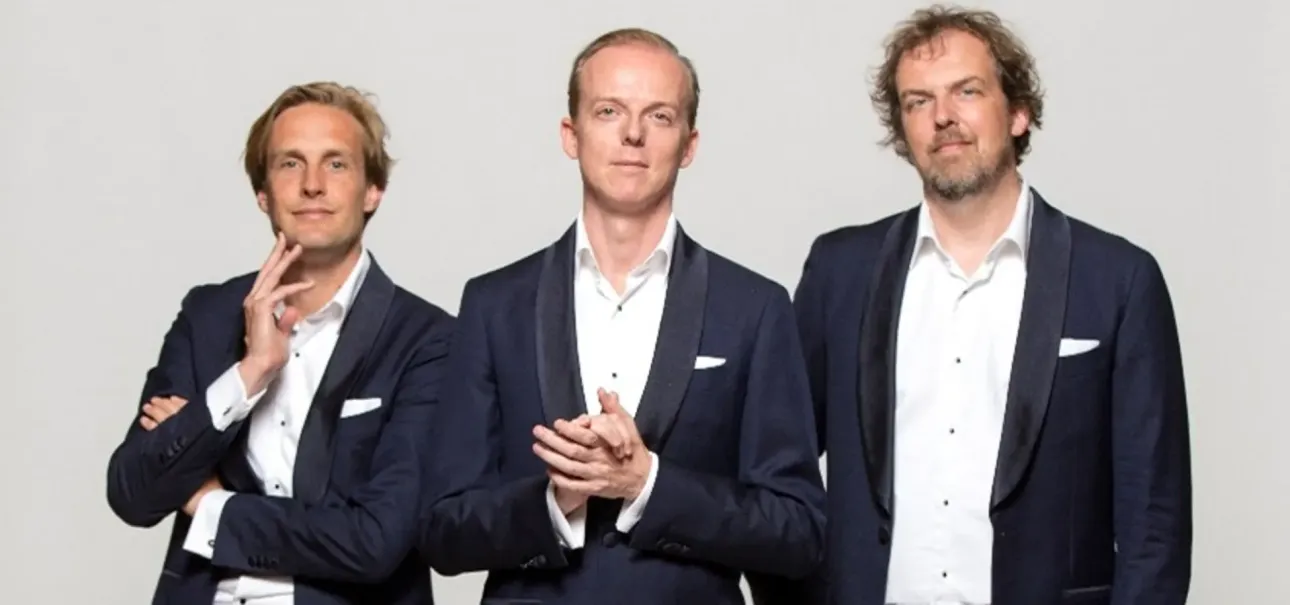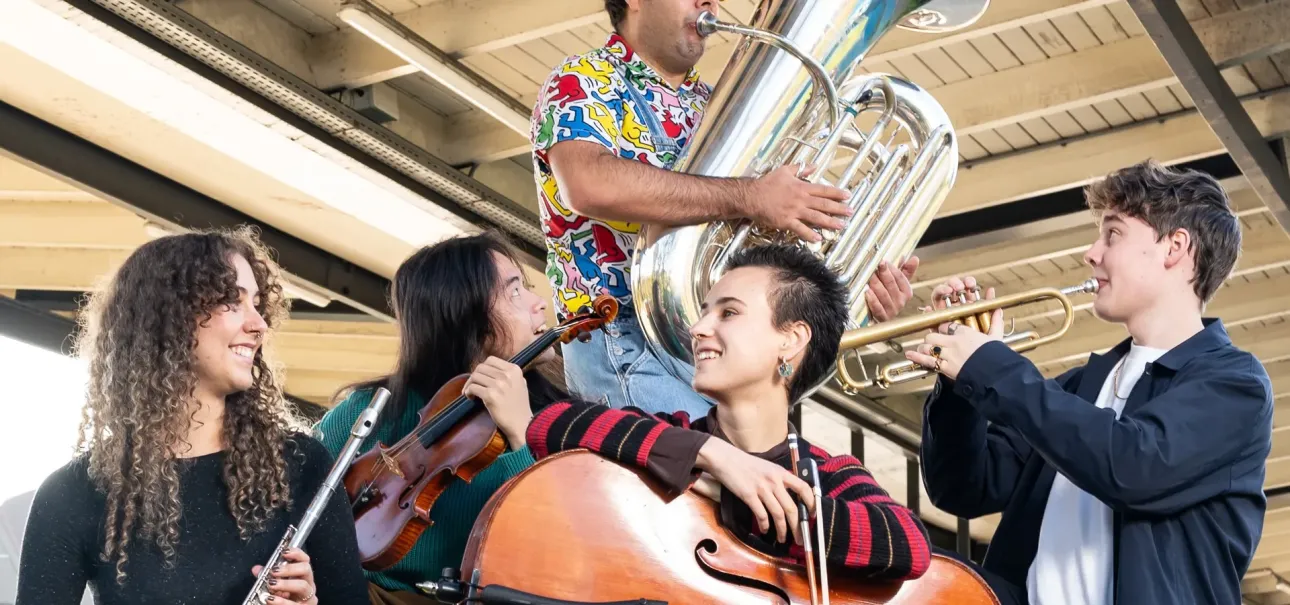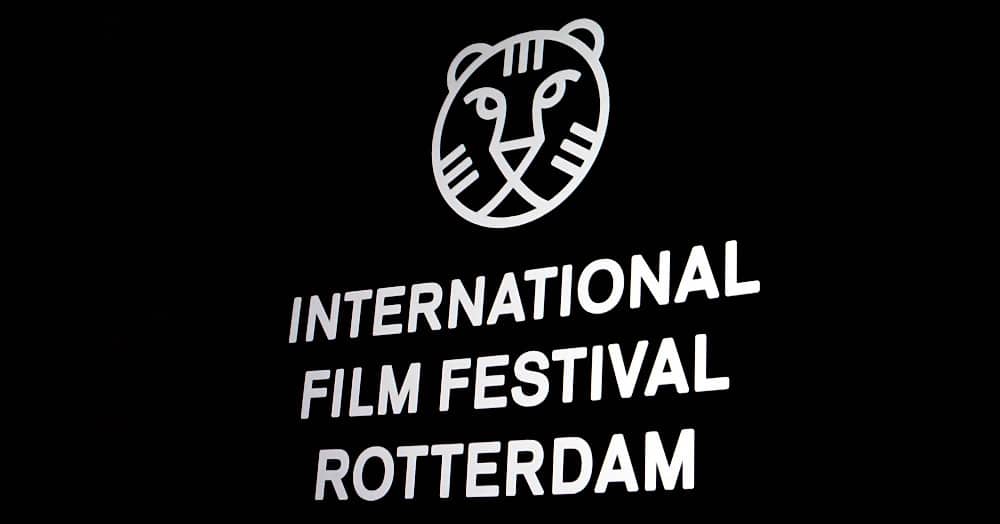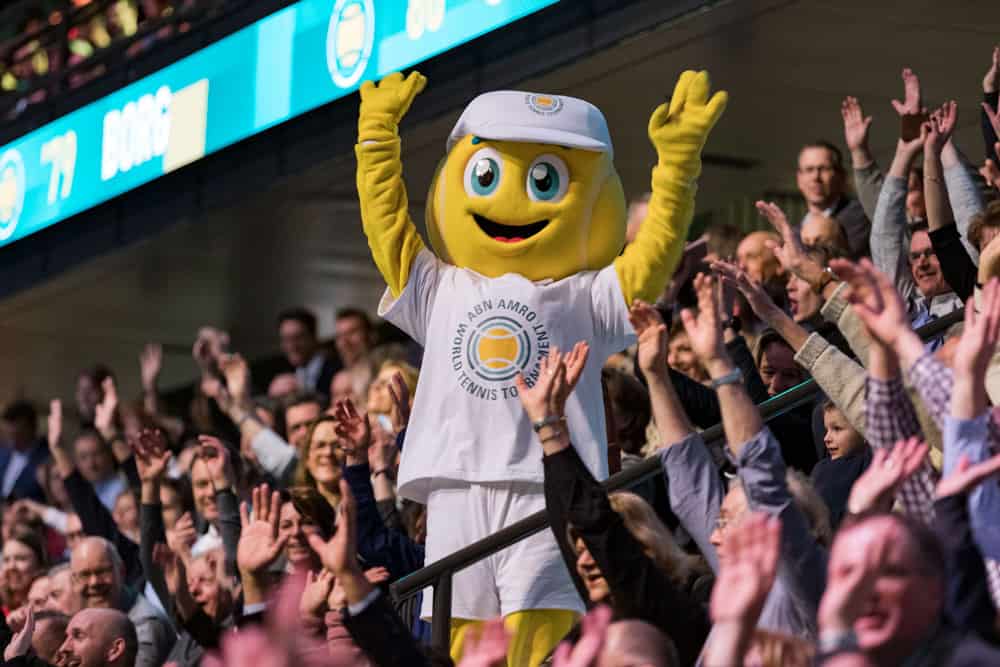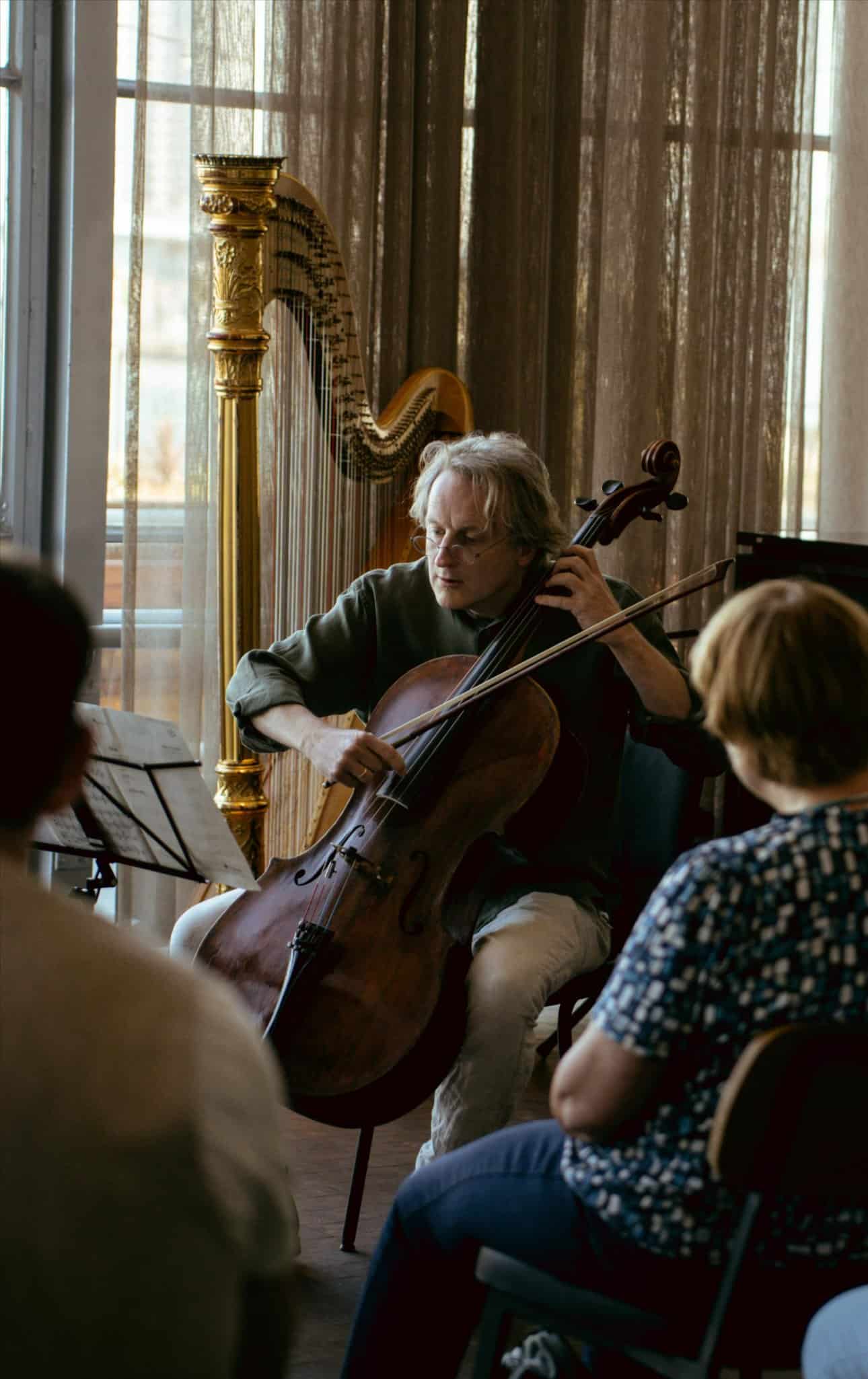ROTTERDAM, 27 March 2025 – A new fashion education track in Rotterdam is offering skilled newcomers a faster route into the local textile industry. The programme also improves language skills and supports long-term career prospects.
New fashion route in Rotterdam supports newcomers’ careers
A new collaboration between Albeda Fashion and Remake Society has launched a fast-track educational route for newcomers and returnees with prior experience in the fashion sector. This initiative, part of the level 2 “Basic fashion worker” (Basismedewerker Fashion) programme, combines hands-on work with language and vocational training, aiming to speed up both professional development and integration into Dutch society.
Bridging skills and local standards
The programme is designed for individuals who previously worked in fashion or textiles but face challenges in the Netherlands due to language barriers and the lack of recognised qualifications. By working closely with Remake Society — formerly Oxious Talent Factory — students gain practical experience through textile repair and sustainable fashion projects, while also receiving formal instruction from Albeda Fashion.
Participants are supported in adapting their craft to Dutch industry standards, with a focus on sustainable practices such as repairing unsold fashion items and working with ‘dead stock’. These tasks align with growing industry demands for sustainable solutions, partly driven by European regulations.
Craftsmanship as a tool for circular change
Remake Society uses textile craftsmanship as a means to contribute to a circular economy. Students apply their skills to upcycle garments and extend the life of clothing collections. This approach offers an alternative to wasteful practices while providing valuable work experience.
“Entrepreneurs are increasingly choosing repair over destruction of unsold stock,” said Esther Smit, founder of Remake Society. “This programme responds to the need for trained textile repairers. At the same time, it offers newcomers a real chance to avoid long-term unemployment. By learning the language on the job and developing confidence, they become better equipped to participate in society.”
From refugee to fashion professional
One of the first participants is Abdulrahman, 24, who fled Syria and worked for over a decade in a sewing studio in Turkey. Through this programme, he is now gaining recognised qualifications and is preparing for a career in the Dutch fashion industry.
Pathways after graduation
The first group of students has already started and is expected to complete the course in a shortened timeframe. Jeffrey Vogel, education lead at Albeda Fashion and Sustainable School Leader of the Year 2024, explained the future prospects: “Graduates can continue to mbo level 3 or 4, or enter the workforce directly, whether at Remake Society or elsewhere in the industry. The combination of language and hands-on training helps them to integrate more quickly and effectively.”
Supported by the Rijnmond Labour Market Perspective Fund (Rijnmonds Arbeidsmarkt Perspectieffonds), the initiative aims to become a scalable model for sustainable education and employment. Remake Society also collaborates with United Repair Centre Amsterdam to exchange knowledge and best practices, reinforcing the programme’s long-term impact.
The partnership is intended as a structural solution that not only aids integration, but also contributes to the fashion industry’s shift toward sustainability.
Location and directions
The programme is housed at Remake Society Academy, where students combine their coursework with hands-on experience in a working atelier. The location is easily accessible and sits in a creative hub near public transport and local amenities.


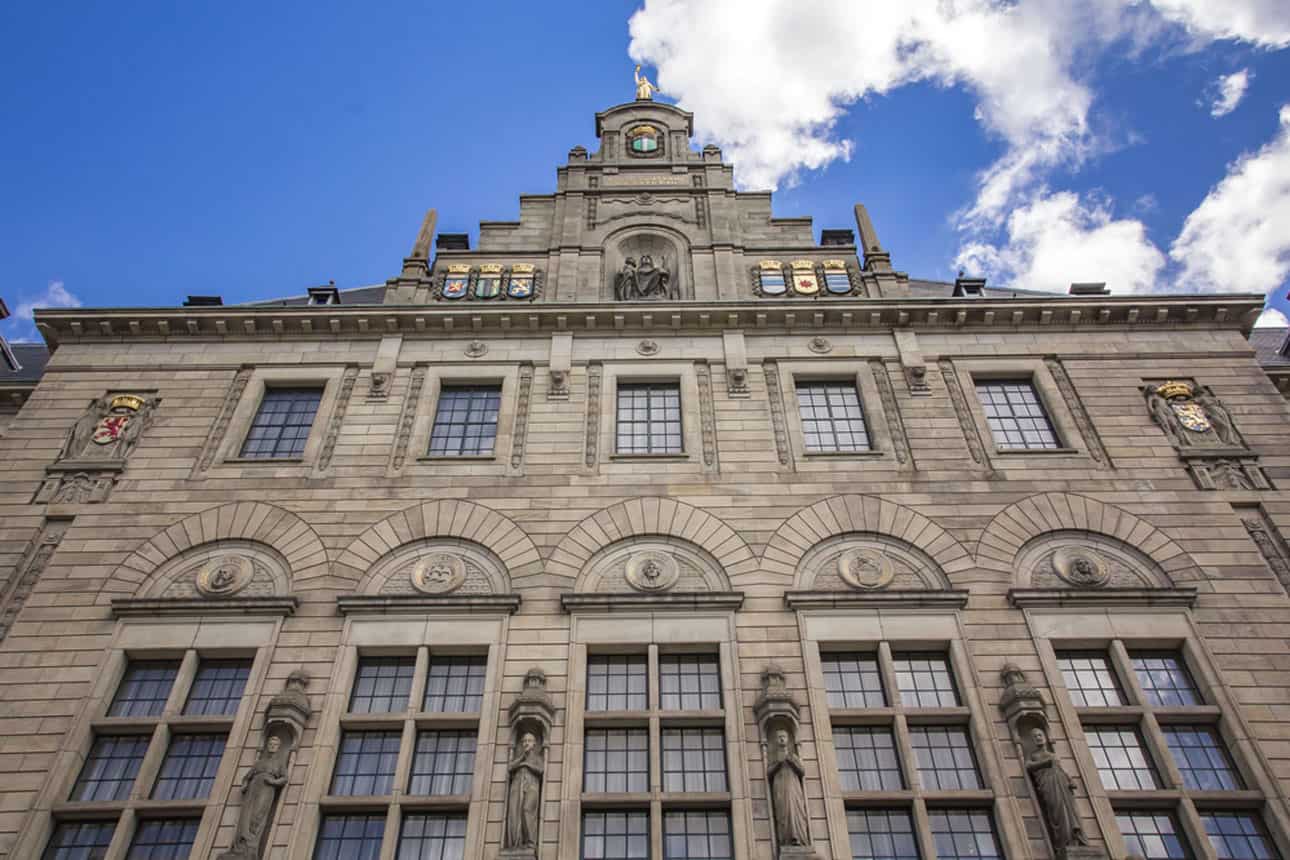

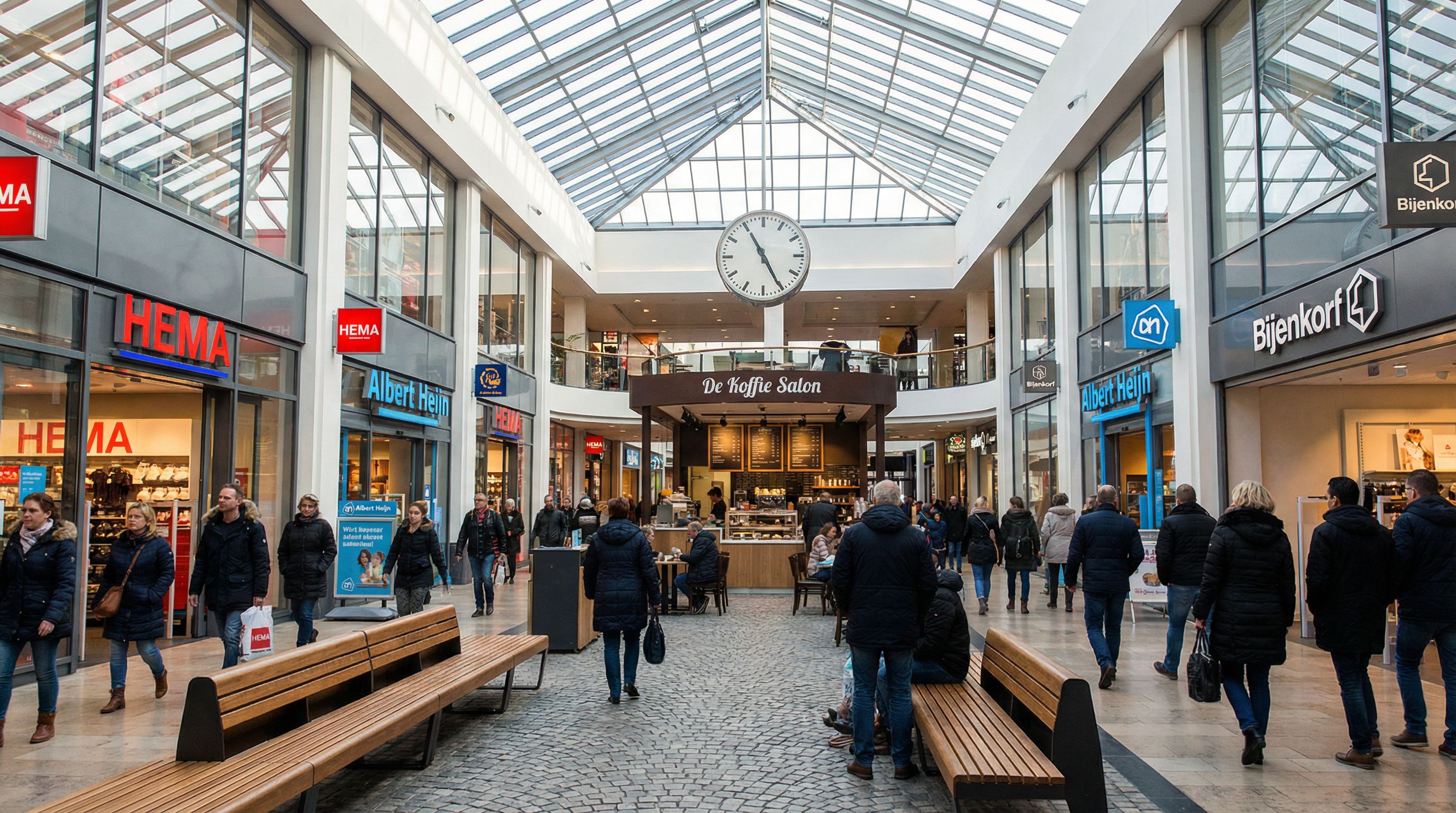
.jpg)
